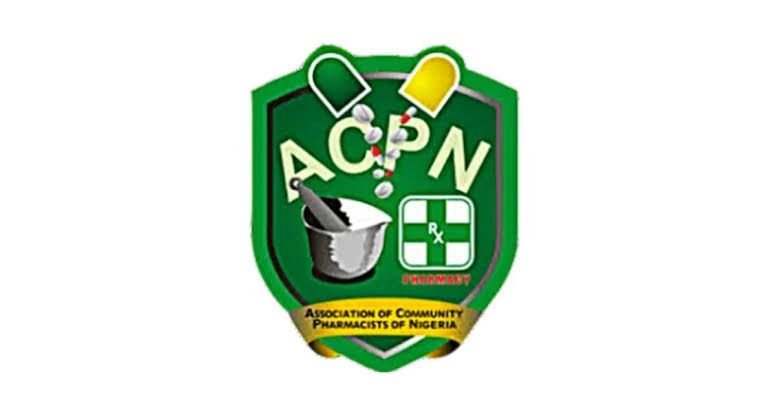To ensure unhindered access to medicines, the Community Pharmacists Association of Nigeria and financial institution Moniepoint Inc. have partnered to provide innovative payment solutions and financing to pharmacists.
ACPN National President, Mr. Ambrose Igwekwama, speaking at an event held in Lagos, emphasized that community pharmacies have been playing an important role in Nigeria’s healthcare system for many years.
Mr. Igwekwama noted that challenges such as poor infrastructure systems, power, transportation, regulatory bottlenecks, import dependence and limited research opportunities are impacting the pharmaceutical industry.
He emphasized the need to strengthen collaborative efforts with institutions like Monypoint to improve health outcomes across the country.
“We are also seeing advances in digital health and technology, and we look forward to further deepening the practice of e-prescribing in Nigeria. With an average of 480,000 daily visits to more than 6,000 community pharmacies in Nigeria, ACPN “They play an important role in Nigeria’s health care as frontline workers who promote public health across the country,” he said.
The first National Vice-President of the Nigerian Medical Association (NMA), Benjamin Olowojebutu, has said it is imperative to address the health needs of people living in rural and underserved areas across the country.
“Nigeria’s population is larger in rural than urban areas, so how do we reduce rural-to-urban migration and intra-urban migration (which is also prevalent) and uneven development across the country? how to reduce
“I must commend ACPN’s leadership in working with forward-thinking and thought-leading organizations like Moniepoint to produce this insightful report. “We believe this will help us understand how we can influence health care funding,” he said.
Mr. Didi Uwemakpan, Corporate Vice President, Moniepoint Inc., presented the case study and said that community pharmacies provide very insightful commentary on important aspects of pharmacy operations.
Uwemakupan said the study will examine challenges around stock availability and limited access to capital to scale up the procurement of high-quality medicines, especially given the high proportion of imported medicines and the prevalence of counterfeit medicines. He said that he is making clear the transition to digital payments.
He said some of the key findings from the case study were that while 82 percent of pharmacies provided additional medical services beyond dispensing drugs, 82 percent of pharmacies offered cash-only payments; It shows that only 7.69% of customers prefer .
(South)

